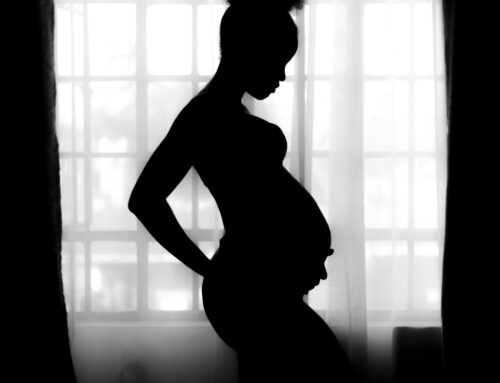Resources, FAQs & Reading for Parents
You have questions, we are here to help!
For Parents
faqs for the newborns
Congratulations on the arrival of your newborn! We understand that you may have many questions at this time. Please refer to the FAQs below for answers to common queries, or feel free to reach out to your doctor if you have any urgent concerns.
Hiccups are common in newborns, particularly after feeding. You can try to feed through them or let them subside without intervention. Please do not give infants younger than 4 months water. Water has no caloric benefit to a growing infant.
Fever is the body’s attempt to fight off infection. A rectal temperature of 100.4 degrees F or above in a baby younger than 2 months is a cause for concern. Please notify the doctor immediately. Do not give infants less than 2 months Tylenol or Motrin.
All newborns make strange noises when they breathe. At times the breathing is irregular, fast and noisy. They may sound congested due to their narrow nasal passages. Babies do not know how to breathe through their mouth so it is important to keep their nasal passages clear by suctioning when necessary.
The cause is unknown but it has been attributed to maternal hormones. Approximately 20% of normal newborns develop acne in the first month of life. If desired, the lesions can be treated with a mild hydrocortisone cream applied sparingly. The acne will resolve on its own.
Both male and female infants may develop some breast swelling with redness shortly after delivery. This is caused by residual maternal hormones and is not a cause of concern. The infant should be evaluated if there is extreme tenderness, redness or fever.
This is likely an infection caused by the fungus Candida Albicans. It is very common in the newborn period and can be easily treated with an antifungal suspension.
Studies have shown that it is not necessary to clean the cord with alcohol. To prevent infection, do not submerge the cord in water and keep the diaper tucked beneath the umbilicus until it falls off in 2-3 weeks. Some bleeding and yellow discharge is normal. Call the doctor immediately if the skin around the cord is red or if the discharge is malodorous.
Female infants may develop a white, creamy vaginal discharge shortly after birth due to residual maternal hormones. There may also be vaginal bleeding. This is a normal occurrence.
No. Parental response is the most important factor in a child’s ability to develop deep, loving relationships. A baby whose needs are promptly met learns to trust his parents and will learn to be outgoing, loving and trusting individuals
web resources
American Academy of Pediatrics
Familydoctor.org
KidsHealth.org
Safekids.org
Vaccine.org
CDC vaccine info
Medlineplus.gov
Kidsgrowth.com
National Safety Council
Attention Deficit Hyperactivity Disorder Information
La Leche League
recommended reading
General Development
Touchpoints: Your Child’s Emotional and Behavioral Development
by T. Berry Brazleton
Explains the basic stages of early childhood, discusses how to approach common early childhood issues such as sleep, eating, playing, toilet training and discipline
The Baby Book. Everything You Need to Know About Your Baby From Birth to Age Two
By William Sears, M.D. and Martha Sears, R.N.
This book is written by parents and professionals, reviews all of the basic information about feeding, bathing, sleeping and development focusing on infancy and the early toddler period
What to Expect The First Year
by Arlene Eisenberg et al.
This popular and useful resource outlines growth, development, nutrition, and behavioral issues with a chronological monthly description of your baby’s first year.
Baby and Child Care
by Benjamin Spock, M.D.
This updated version of Dr. Spock’s classic work is designed to meet the challenge of being a parent today. The book discusses raising your child from birth to adolescence, and includes advice for single parents, working parents, selecting child care and schools.
Parenting and Behavior
Liberated Parents, Liberated Children: Your Guide to a Happier Family
by Adele Faber and Elaine Mazlish
This book shows a more effective way to raise children without the threats, yelling and begging that some parents resort to in exchange for good behavior.
Normal Children Have Problems, Too
by Stanley Turecki, M.D.
Focuses on understanding different children’s temperament and gives practical advice on managing hard-to-raise children.
My Teenager Is Driving Me Crazy
by Ballantine Books, 1989
The Happiest Baby on the Block
by Harvey Karp, M.D.
An easy read that is full of interesting theories about why newborns fuss and cry in spite of all of your best efforts






